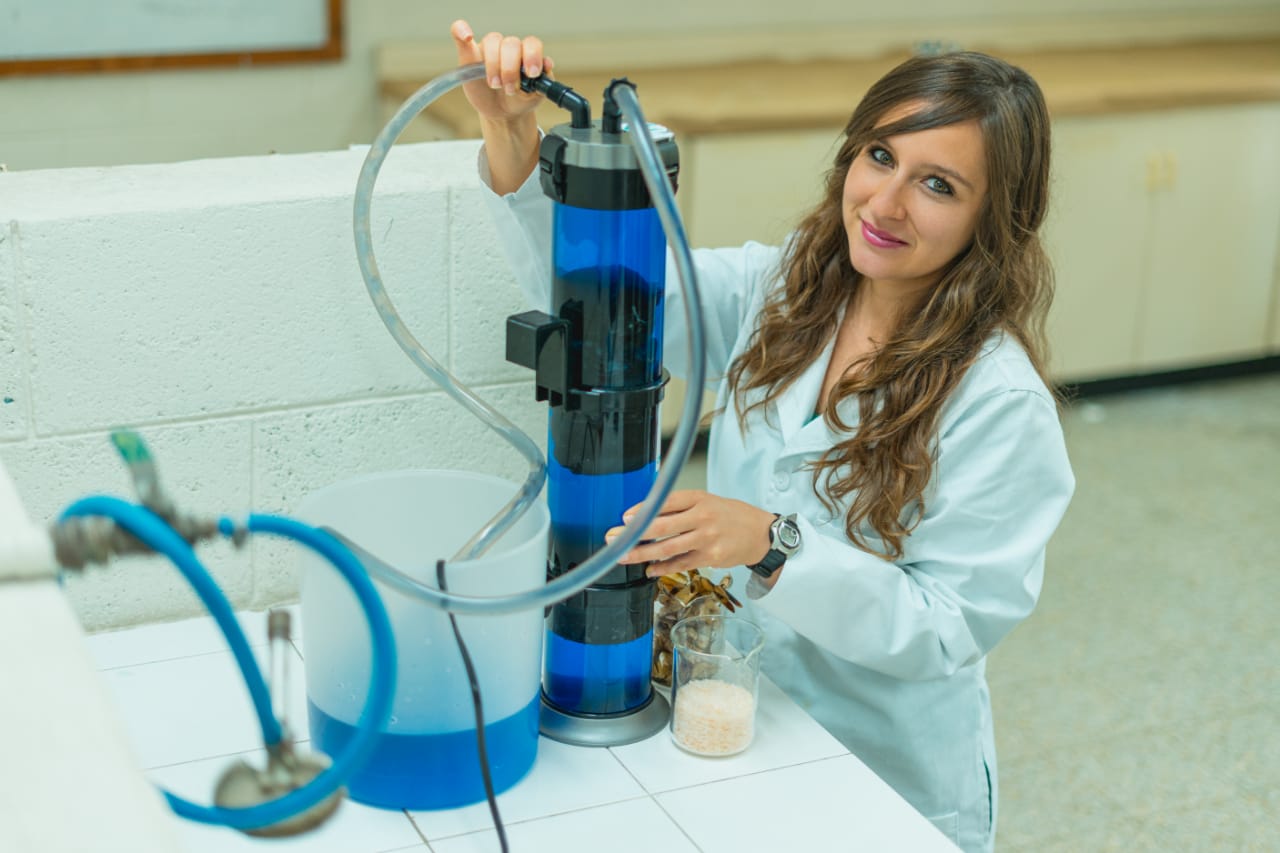María Isabel Amorín, from Guatemala, and Bárbara Tomadoni, from Argentina, were two of the nine female STEMpreneurs recognized by the MIT Technology Review’s Innovators Under 35 for advancement in the fields of science, technology, engineering, and mathematics (STEM) in Latin America. As science enthusiasts from a young age, they have both dedicated their lives to building a career in the STEM sector.
However, Tomadon and Amorín, winners of the ‘pioneer’ and ‘entrepreneur’ categories respectively, are more likely to be exceptions than the rule as it pertains to female representation in STEM in Latin America.

Tomadoni, who was shocked at the low number of female prizewinners in the 35-person competition, believes the sector’s gender imbalance is partly caused by employers’ preconceptions regarding the gender of candidates when applying for a job in the field of STEM.
“Employees’ natural reaction is to believe that the person applying for the job is a man,” Tomadoni told Latin America Reports, explaining a systemic problem in the industry that she believes begins with the low numbers of women who study the relative courses at university or in other academic institutions.
According to the 2015 Trends in International Mathematics and Science Study (TIMSS), which surveyed students from 110 countries worldwide, men are more likely to study advanced higher education modules in STEM, while only 30 percent of women went on to choose STEM-related careers.
With this reduced talent pool comes less role models and networks of support for women working in the field. According to a report published by the Inter-American Development Bank (IDB) last month, which surveyed 1,148 female entrepreneurs across the region of Latin America — 405 working in STEM — only 14 percent of them say they have a mentor.

Amorín, for example, had to look abroad for guidance, as her university’s initiatives were not ready in time to provide support from Guatemala. Tomadoni agrees that besides support from academic institutions, there is not much of a network for her and her colleagues.
The IDB study also highlighted a general lack of interest from VC firms to invest in female-led STEM companies, which represent less than 15 percent of those they review each year for funding. In fact, just 54 percent of female STEMpreneurs have managed to raise the capital to fund their projects, while the rest are self-financed.
Amorín, who lives in Guatemala, agreed it was difficult to raise the funds that would enable her to launch INDEQUI-Crustatec, the project in which she extracts biopolymers from prawn shells to absorb dyes from textile factories. In Guatemala, textile factories have been accused of leaking chemical waste into local water supplies.
Amorín had difficulty being taken seriously by investors in Guatemala, who either believed that she was pursuing investigation in the field as a hobby, or generally lacked the enthusiasm to invest in innovation. As a result, she worked part-time in laboratories at her university in order to earn an income.
After exhausting funding options in her home country, she applied for backing from the Belgium-based international non-profit for water-based projects, Young Water Solutions, which she found via social media.
Although Tomadoni’s work on developing biodegradable hydrogel capsules from algae and crustacean shells that decompose more sustainably has received a significantly higher number of funding offers, this money is largely coming from Argentinian companies that also receive financial backing from abroad.
According to both STEMpreneurs, however, the future of women’s success in STEM looks collaborative. It was clear that Latin America’s MIT Tech Review awards ceremony provided a unique opportunity for innovators to meet a network of like-minded people, with whom they were able establish relationships that will eventually provide support for the future.
“We are going to be able to work on things together,” said Amorín, explaining her optimism at the prospect of having a new team of connections who can help each other using each person’s individual strengths.
Tomadoni agrees on the importance of solidarity. “We have to come together,” she said. The future success of female STEMpreneurs in Latin America, she believes, not only depends on the collaboration of women working in the field, but also men.










